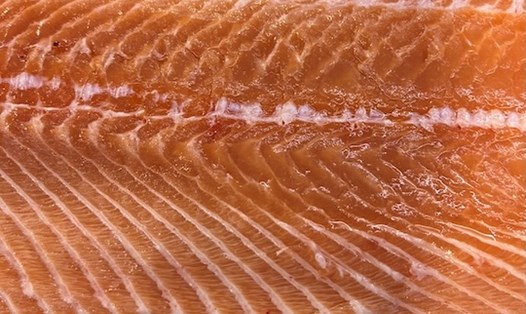Pork is one of the most popular sources of animal protein, especially rich in nutrients and has the potential to support muscle development when combined with appropriate exercise. One of the key factors to increase muscle mass is the adequate amount of protein and quality - something that pork meets very well.
100g of ripe lean pork contains about 27g of complete protein, with all 9 essential amino acids needed for muscle protein synthesis. Research shows that consuming 2030g of high-quality protein after exercise can optimize muscle protein synthesis, thereby supporting the building and maintenance of muscle mass.
In particular, pork contains a large amount of an important branch- chain amino acid that triggers muscle protein synthesis. This acid plays a role in " initiating" muscle building after eating.
In addition to protein, pork also provides micronutrients needed for metabolism and muscle recovery, such as vitamins B6, B12, zinc, iron and natural createdine - which help improve performance and support muscle recovery after exercise. Creatine can help increase muscle strength and mass when combined with resistance training.
However, to optimize muscle gain, you should prioritize lean meat, such as pork belly, limit saturated fat, and combine it with a regular exercise regimen and a healthy lifestyle.
Pork, if used properly, is not only a delicious food but also a source of nutrients that effectively support muscle development.











